10 useful Drupal Modules to run a blog
A blog must be user-friendly, intuitive and interactive so that readers easily get the best out of it. When you create a Drupal blog, you should consider factors that would catch the attention of the readers and offer them ease with every aspect. There are some useful and exciting modules available that would turn your Drupal blog into a successful blog. In this write up, we discuss 10 useful Drupal modules to run a blog, like:
Wysiwyg
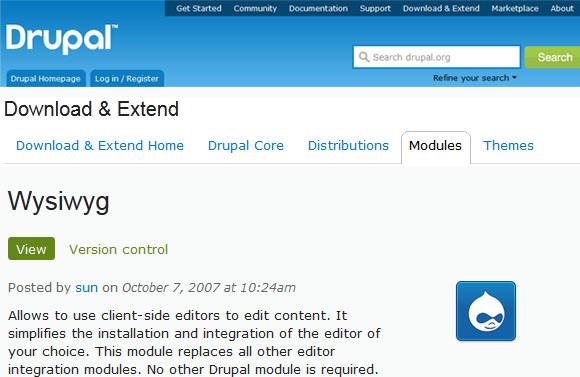
Wysiwyg is a very useful module that enables the facility to edit content by using client-side editors. The best part of this module is its ability to support any type of editor at the client side. It gives abstraction layer which can easily be used by different Drupal modules for seamless integration with choice of editor.
Image
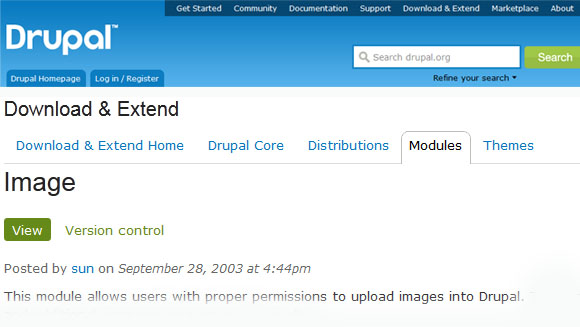
Image is another must-have Drupal module to easily and successfully run a blog. Using this module, the users can easily upload images into the blog based on Drupal CMS. More so, the module also enables automatic creation of Thumnails and varying sizes of the image.
Flag
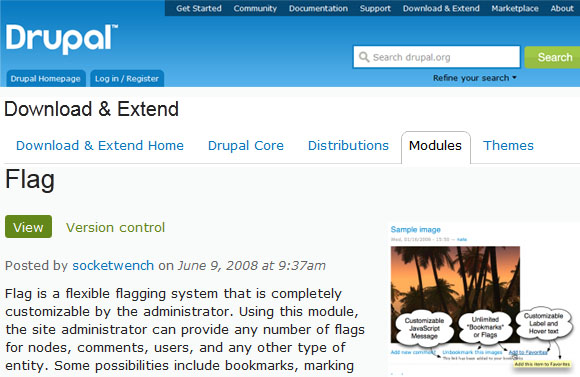
Flag is a useful Drupal module that has extensive usages for a blog. It gives the site administrator an opportunity to offer many flags for different types of content and stuff, like comments, nodes etc. Flags would easily be marked by users as by the choice and that marking would be visible to other users as well. Therefore, nodes can always have additional flags as the admin alone is not the sole changer and marker here.
Views
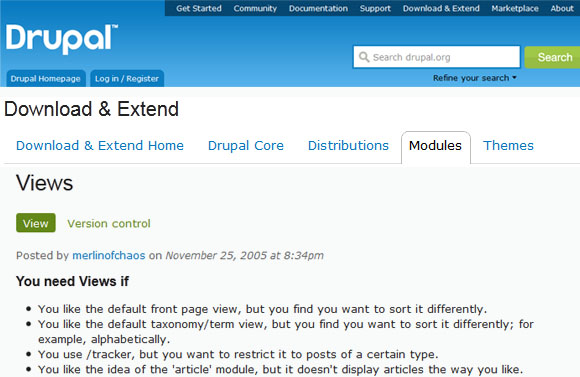
Views is another useful Drupal module that helps with the management of lists and tables for content. Using this module, the designers will have a control over the exact presentation of lists and tables for the available content. More like a query builder, this module lends additional functionalities from four available modes. This module also helps in producing reports and summaries apart from helping to show images and varied form of content.
Panels
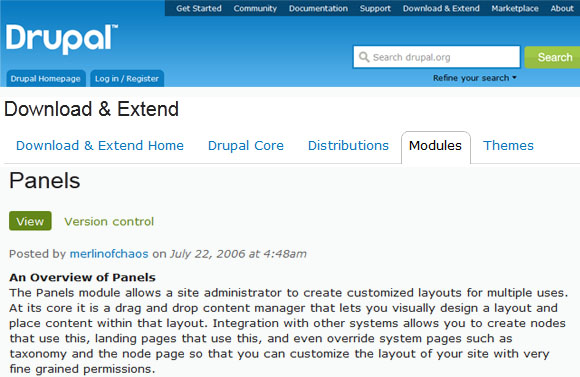
Panels would be a vital Drupal blog module for customized layouts. Using this module, the site admin can easily negate customized layout to be used by multiple users. This module allows creation of a layout for easy placement of content in it. With the integration facility, this module could easily be made available for nodes, landing pages etc.
GTranslate
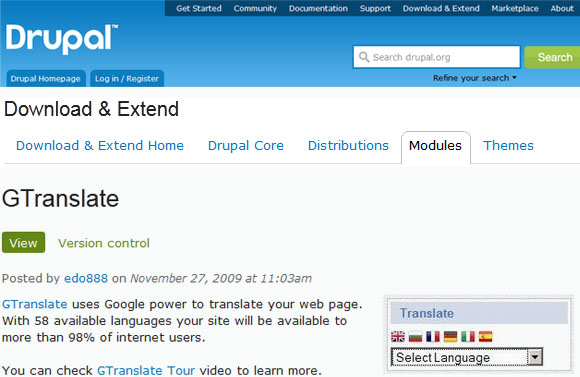
GTranslate is a Drupal module that offers the ease of translation. By using Google power, web pages can easily be translated into the choice of languages by this useful module. And for a blog, this module would enhance its readability quotient and hence, the blog would be deciphered and read by more users globally. There are 58 languages for translation and the blog would definitely cover a very extensive geography globally.
IMCE
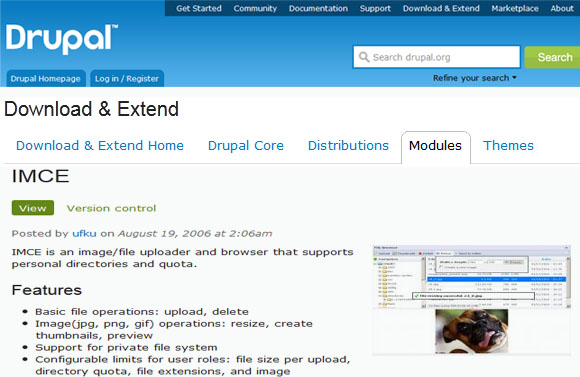
IMCE is also a helpful Drupal extension that helps to run a blog successfully. This extension works like an image or files uploader and helps to upload and delete the files. Using this, images can be resized and thumbnails are created. It also enables hassle-free file management by date, name and size.
Date
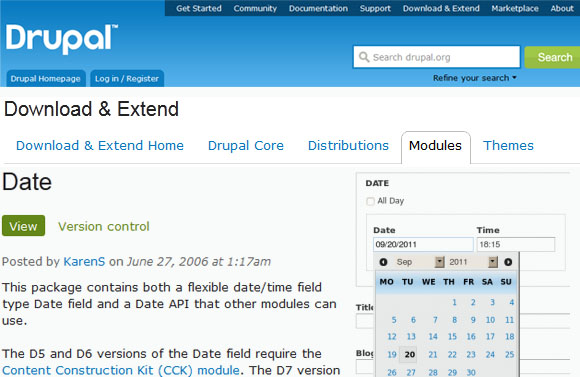
Date is quite a helpful Drupal module that can be added to a blog for effective running. It offers date or time management or setting of calendar to a blog. Users must use the latest Date module to be up-to-date for their date, time and calendar related needs
Link
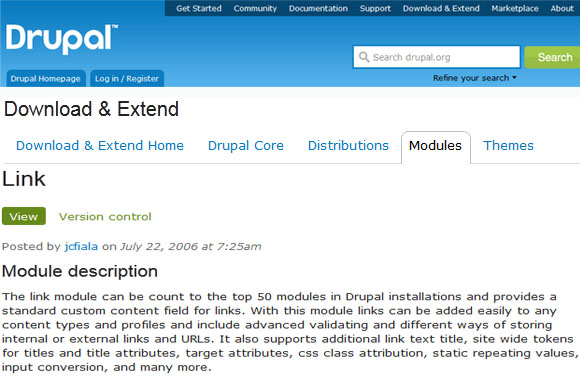
Link is a Drupal module that can be used for a blog for effective management and successful running. This module enables the validation and storage of links and URLs. The validated links could be of title, target etc.
Scheduler
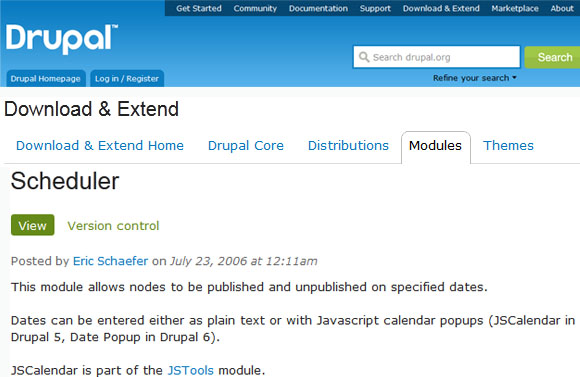
Scheduler is a useful Drupal module that deals with the flexibility of nodes. Using this module, users have the flexibility to publish and un-publish nodes as per a specific time-frame. For effectively working of this module, dates are often inserted either in the form of plain text or with Javascript enabled texts.
Conclusion
A blog must have features so that users/ readers can easily approach it. Your Drupal blog could be a success if right modules are added. This article has listed 10 useful modules to run a Drupal blog successfully and readers are encouraged to add more to the list.
